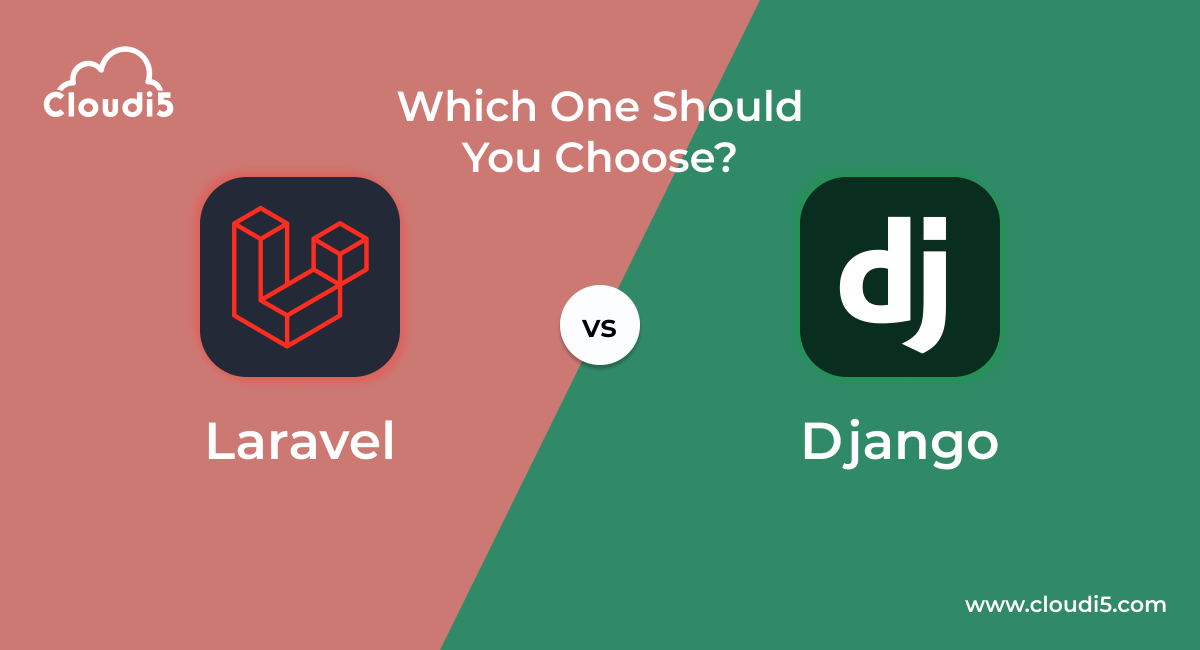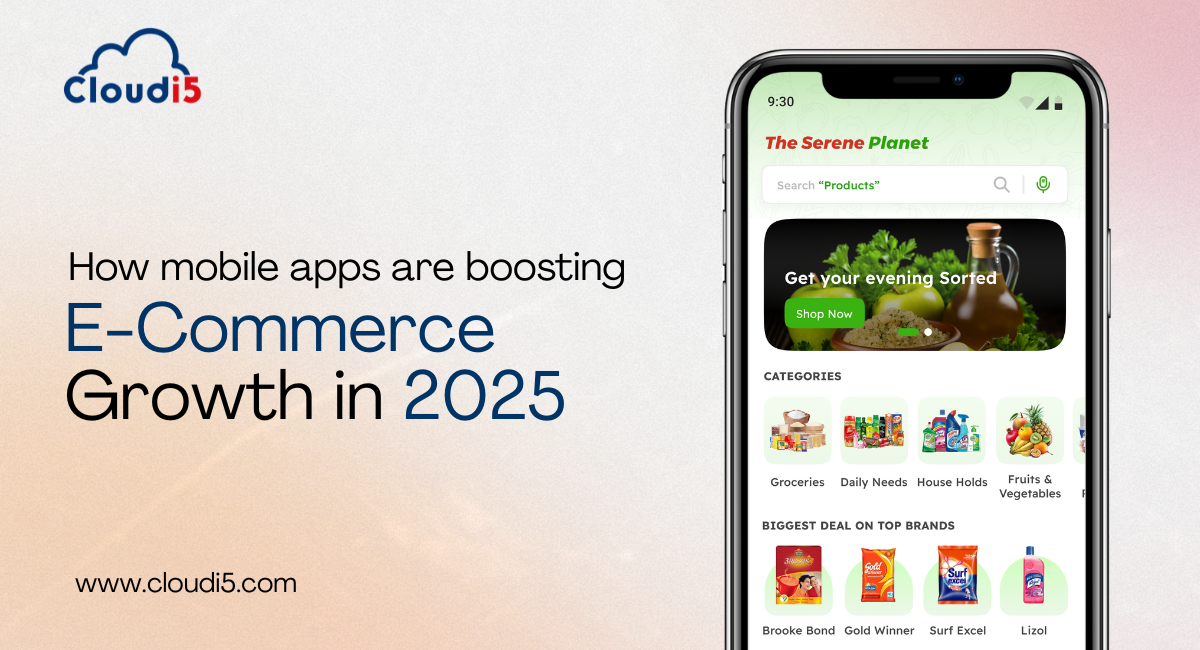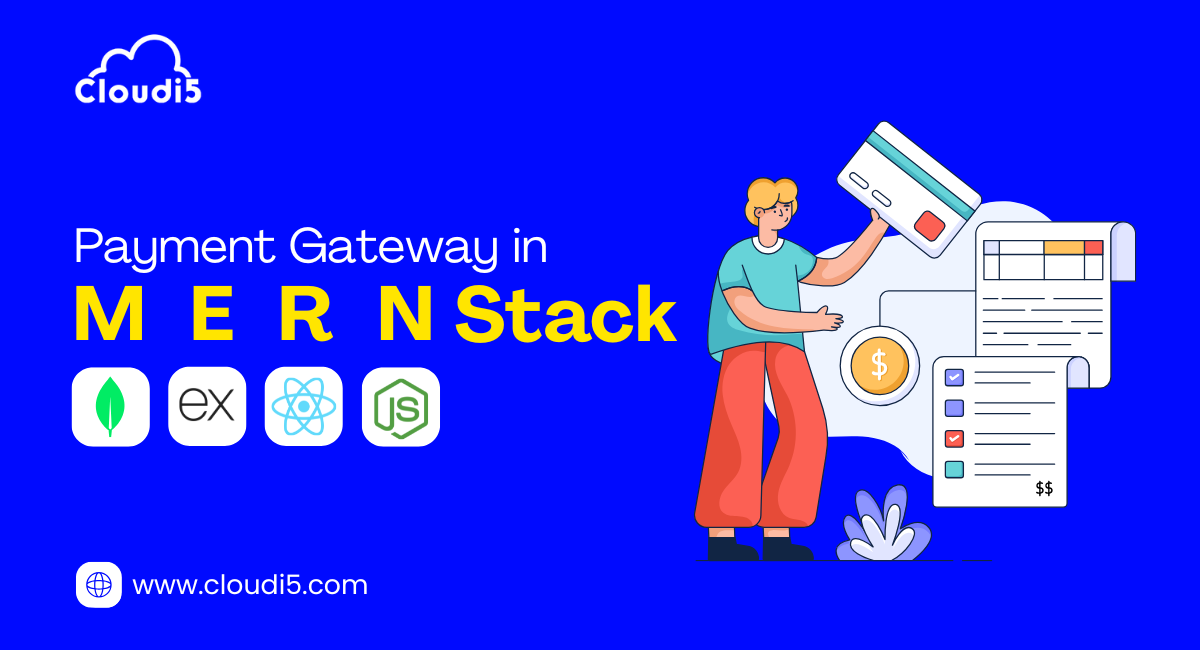
Laravel Vs. Django: Which One Should You Choose?
Imagine you're building a house. You wouldn't use the same toolbox for a tiny cabin as you would for a towering mansion, right? The same goes for web development! When creating a website or web app, you need the right tools for the job. Laravel and Django are two super popular frameworks, kind of like pre-built toolkits that make development faster and easier. But which one should you choose?
This blog will break down the key differences between Laravel and Django in simple language, so you can pick the champion that best suits your project, whether you're a seasoned developer or just starting out. Let's get building!
But first, let's unpack these toolkits!
What is Laravel?
Laravel is an open-source web framework built with the PHP programming language. PHP is like a set of instructions that tells the computer how to make your website work. Laravel adds a collection of tools and features on top of PHP, making it quicker and easier to develop websites and web applications.
Here's what makes Laravel stand out:
- Rapid development: Laravel comes with a wide range of features and functionalities ready to use, helping developers build projects quickly.
- Easy to learn: While some programming knowledge is still required, Laravel's syntax is known for being clear and well-organized.
- Security focus: Laravel includes security features to help protect your website from vulnerabilities.
What is Django?
Django is another open-source web framework, but it uses Python as its programming language. Like Laravel, Django provides a set of tools and features to streamline web development.
Here are some of Django's strengths:
- Security-first approach: Django prioritizes security from the beginning, making it a good choice for websites that handle sensitive information.
- Scalability: Django is designed to handle large amounts of traffic, making it suitable for websites expecting significant growth.
- Large community: Python has a vast and active community, providing plenty of resources and support for Django developers.
Now that we understand the basics of Laravel and Django, let's explore further into their key differences to help you choose the perfect framework for your next project!
Key Differences Between Laravel and Django
Having unpacked the toolkits that are Laravel and Django, let's now explore the key differences that will help you pick your champion for web development. Here's a breakdown of some crucial aspects:
Programming Language:
- Laravel: Uses PHP, a mature and widely used language known for its versatility and extensive community support.
- Django: Relies on Python, renowned for its readability and beginner-friendliness. This can be a major factor if you or your development team are more comfortable with one language over the other.
Development Approach:
- Laravel: Follows the Model-View-Controller (MVC) pattern, which separates application logic, presentation layer, and user interaction into distinct components, promoting modularity and reusability.
- Django: Uses the Model-View-Template (MVT) pattern, where Controller functions are merged into the View layer. While both approaches achieve similar goals, MVC might offer more flexibility for complex projects.
Development Speed:
- Laravel: Often praised for its rapid development features and extensive pre-built functionalities, which can be a significant advantage for tight deadlines.
- Django: While not necessarily slow, Django might require more custom development for certain features compared to Laravel's out-of-the-box solutions.
Security:
- Laravel: Comes with security features, but PHP has had vulnerabilities in the past, meaning you may need to put in more effort to secure your Laravel application.
- Django: Puts security first, making it a great choice for websites that handle sensitive data. Django's built-in features can give you peace of mind.
Community and Resources:
- Laravel: Has a large and active community, but it might be slightly smaller than Django's.
- Django: Benefits from a vast and active Python community, offering plenty of resources and support for developers. This can be helpful if you encounter challenges or need guidance.
Choosing Your Winner:
By now, you should have a clearer understanding of the strengths and weaknesses of both Laravel and Django. Remember, the ideal framework depends on your specific project requirements and your development team's skills.
Here's a quick cheat sheet to help you decide:
Choose Laravel if:
- You need rapid development with a wide range of features.
- Your team is comfortable with PHP.
- Security is a concern, but you're willing to invest some effort in hardening your application.
Choose Django if:
- Security is your top priority.
- You anticipate significant website growth and require scalability.
- Your team is familiar with Python and enjoys its readability.
Ultimately, both Laravel and Django are excellent choices. Experimenting with both can be a valuable learning experience. No matter which framework you choose, you'll be well-equipped to build your dream website or web application!
Conclusion
Choosing between Laravel and Django depends on your project and team. Laravel is fast and feature-rich, good for quick projects and PHP experts. Django prioritizes security and scalability, ideal for sensitive data and growing websites.
Both frameworks have pros and cons, so trying both can help you decide which works best for you. Whether you go with Laravel or Django, you'll be ready to build amazing websites and apps that meet your needs.
Trusted By












Leave Comments